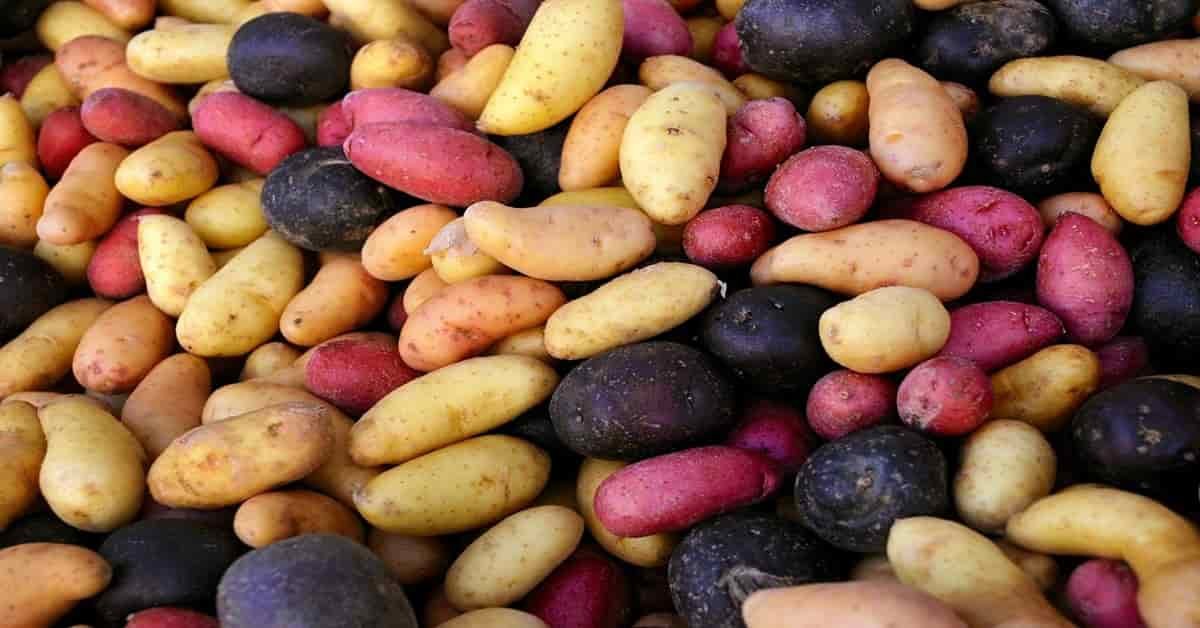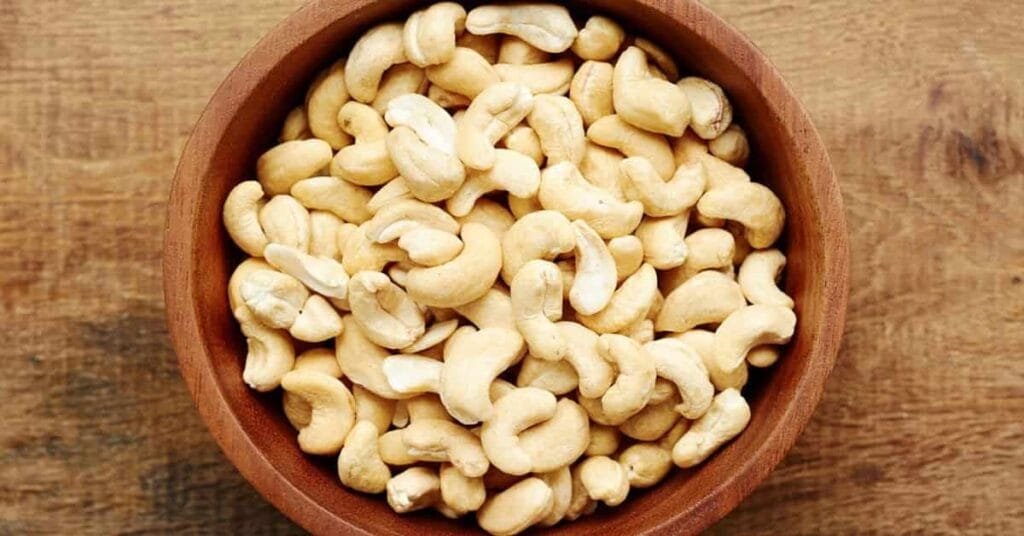Potatoes (Solanum tuberosum) are one of the most widely consumed vegetables in the world and serve as a staple food in many cultures. Native to the Americas, they have been cultivated for thousands of years and are recognized for their versatility in cooking, nutrient content, and energy-providing properties. This comprehensive overview will discuss the nutritional profile of potatoes, their health benefits, and how they can fit into a balanced diet.
Nutritional Profile of Potatoes (per 100 grams of raw potato, skin included)
Here’s a breakdown of the nutritional content of raw potatoes:
- Calories: 77
- Water: 79%
Macronutrients:
- Carbohydrates: 17.58 g
- Sugars: 0.82 g
- Dietary Fiber: 2.2 g
- Protein: 2.02 g
- Fat: 0.1 g
- Saturated Fat: 0.03 g
Vitamins:
- Vitamin C: 19.7 mg (about 22% of the Daily Value)
- Vitamin B6: 0.2 mg (about 11% of the Daily Value)
- Folate (B9): 9 µg (about 2% of the Daily Value)
- Niacin (B3): 1.5 mg (about 8% of the Daily Value)
- Thiamine (B1): 0.1 mg (about 7% of the Daily Value)
- Riboflavin (B2): 0.02 mg (about 1% of the Daily Value)
- Pantothenic Acid (B5): 0.3 mg (about 3% of the Daily Value)
Minerals:
- Potassium: 425 mg (about 9% of the Daily Value)
- Magnesium: 23 mg (about 6% of the Daily Value)
- Phosphorus: 57 mg (about 8% of the Daily Value)
- Calcium: 12 mg (about 1% of the Daily Value)
- Iron: 0.81 mg (about 4% of the Daily Value)
- Zinc: 0.29 mg (about 3% of the Daily Value)
- Manganese: 0.15 mg (about 8% of the Daily Value)
Health Benefits of Potatoes
- Rich Source of Nutrients:
- Potatoes are a nutrient-dense food, providing vitamins, minerals, and dietary fiber, all of which are essential for maintaining good health. They are particularly high in vitamin C, which is important for immune function, skin health, and antioxidant protection.
- High in Potassium:
- Potatoes are an excellent source of potassium, a mineral that plays a crucial role in heart health by helping to regulate blood pressure. Adequate potassium intake can help counteract the effects of sodium and reduce the risk of hypertension and stroke.
- Supports Digestive Health:
- The dietary fiber in potatoes, particularly in the skin, contributes to healthy digestion. Fiber promotes regular bowel movements, helps prevent constipation, and supports the growth of beneficial gut bacteria.
- Provides Energy:
- Potatoes are primarily composed of carbohydrates, making them an excellent source of energy. The complex carbohydrates in potatoes are digested slowly, providing a steady release of energy that can help maintain energy levels throughout the day.
- Antioxidant Properties:
- Potatoes contain various antioxidants, including vitamin C and phytonutrients such as flavonoids and carotenoids. These antioxidants help protect the body against oxidative stress and may reduce the risk of chronic diseases, including certain types of cancer.
- May Support Heart Health:
- The combination of potassium, fiber, and antioxidants in potatoes may contribute to overall heart health. Regular consumption of potassium-rich foods like potatoes has been linked to lower blood pressure and a reduced risk of cardiovascular disease.
- Can Promote Weight Management:
- Due to their high fiber content, potatoes can help increase feelings of fullness and reduce overall calorie intake. When prepared in healthy ways (like baking or boiling) and eaten with the skin, potatoes can be a satisfying and nutritious part of a weight management plan.
- Supports Immune Function:
- The vitamin C content in potatoes supports the immune system by promoting the production of white blood cells and acting as an antioxidant that helps protect cells from damage.
- May Improve Skin Health:
- The antioxidants and vitamins in potatoes, especially vitamin C, can benefit skin health. They help combat signs of aging, improve skin tone, and promote overall skin repair and health.
- Versatile Culinary Uses:
- Potatoes can be prepared in countless ways, making them a versatile ingredient in various cuisines. They can be baked, boiled, mashed, roasted, or fried, and can accompany a wide range of dishes, from salads to main courses.
- Gluten-Free:
- Potatoes are naturally gluten-free, making them an excellent carbohydrate choice for individuals with celiac disease or those who are sensitive to gluten.
- May Help Regulate Blood Sugar Levels:
- Although potatoes have a moderate glycemic index, their high fiber content and nutrient composition can help regulate blood sugar levels when consumed as part of a balanced meal. Pairing potatoes with protein and healthy fats can further stabilize blood sugar responses.
Conclusion
Potatoes are a highly nutritious food that can fit into a healthy, balanced diet. Their versatility, rich nutrient content, and numerous health benefits make them a valuable dietary staple. When prepared healthfully—steamed, baked, or boiled, rather than fried—potatoes can provide essential nutrients like vitamin C, potassium, and dietary fiber, all while contributing to energy needs.
Incorporating potatoes into your meals can be as simple as adding them to soups, salads, or casseroles or enjoying them as a side dish.


